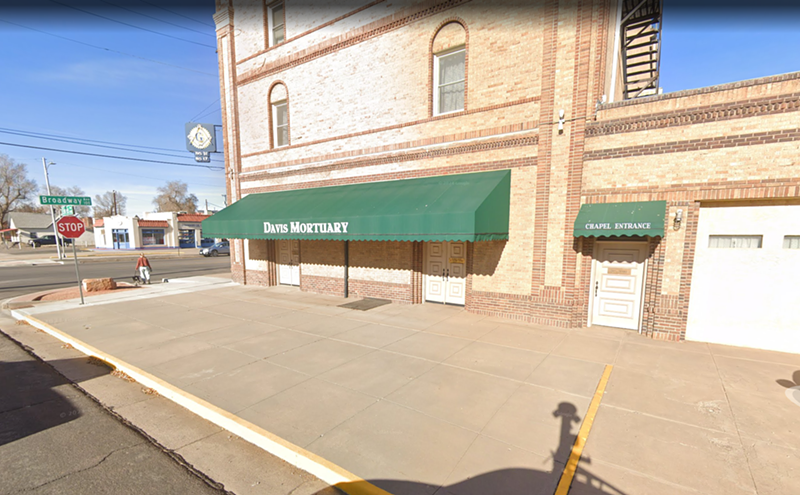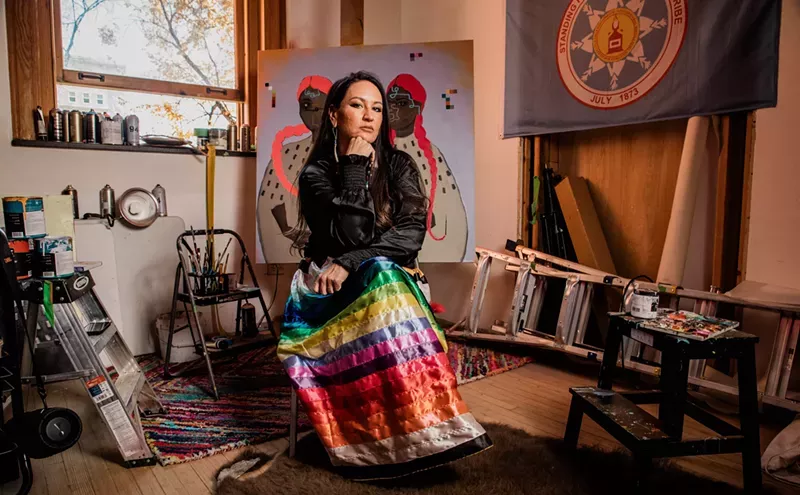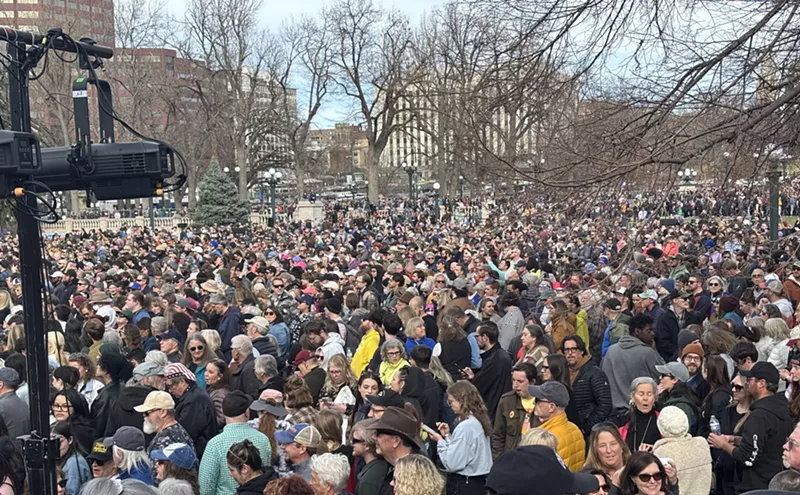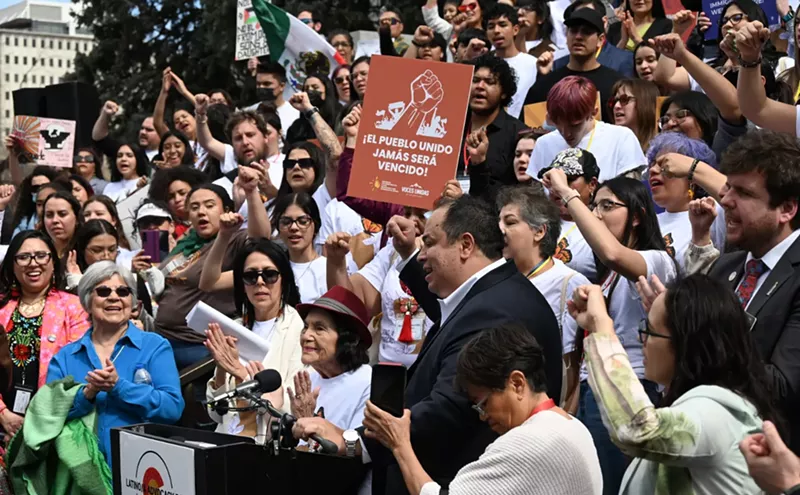The Colorado caucuses are over, but they're not forgotten -- particularly at the Rocky Mountain News. In a column published on February 9, four days after the vote, John Temple, the Rocky's editor/publisher/president, wrote that journalists who choose to take part in caucuses, where they are asked to express political preferences in a public setting, "must also be prepared to accept the professional consequences" for such behavior. Via e-mail, Temple emphasizes that this statement shouldn't be construed as a threat against employees who wish to caucus in the future. However, he said otherwise qualified staffers would not be considered for certain positions if they did so.
The back story:
This January 30 blog includes a memo from Temple to staffers in which he stated the following: "Because caucuses are party activities that involve expressing your political position in public, you should not attend them, unless you’re covering them for the Rocky." Shortly thereafter, the Denver Newspaper Guild objected to Temple's stance, as well as to the less sweeping approach taken by Denver Post editor Greg Moore toward his employees, citing a Colorado law that makes it illegal for firms to forbid their charges from voting or caucusing; a February 4 More Messages entry provides more details. Temple eventually revised his order, as pointed out in this blog from February 5, the day of the caucuses. But his next column, headlined "Caucus No Place For Impartiality," hardly encouraged reporters and editors to exercise this particular right.
"Journalists should not get involved in politics, even if their main assignment has nothing to do with the subject," he maintained. "They shouldn't vote at a caucus, they shouldn't put a candidate's sign on their lawn, they shouldn't slap a bumper sticker on their car. They should do nothing that would give others the impression that they can't be trusted to strive for neutrality in their coverage."
What about the "professional consequences" for those who caucused anyway? Here's how Temple put it in print:
"Imagine if a reporter stood outside the Capitol on his day off with a sign protesting abortion or joined a rally advocating the legalization of drugs. It would make it impossible for him to be perceived as fair in his coverage of either issue. At the Rocky, he immediately would be barred from having anything to do with related stories."
These passages raise the prospect of retaliation against caucus-goers. However, Temple insists, "I don't believe I conveyed the idea that there would be 'retaliation' for participating. Editors make coverage decisions all the time. If your daughter was playing on a high school volleyball team, for example, we wouldn't ask you to cover the game. I believe I made that clear with the examples of other activities I used in the column. Retaliation is punishment for certain action. I believe I made it clear in the column that I wasn't talking punishment. I was talking what work a journalist could do for the Rocky."
Temple then considered this scenario, presented by yours truly: "Two employees are up for an editing position that would require them to oversee political coverage, and both are equally qualified in every respect -- but one participated in the caucus and the other did not. Would you weigh caucus participation in deciding who got the job?" His response: "An editor who participated in a caucus would not be able to oversee political coverage. I believe the column was clear that that was my point and that was why I encouraged journalists to do what I believe is the right thing."
Of course, other questions remain. Would such a person be forever banned from work in a political capacity at the newspaper? Would he or she be considered after the passage of a year or two and a pledge not to caucus ever again? Or would such an employee be limited to an ideological version of the Mommy Track?
Calls to the Denver Newspaper Guild inquiring about such subjects have not been returned at this writing. This item will be updated when and if they are. Even so, only a handful of Rocky workers are apt to be affected. Temple estimates that "less than five" folks at the paper attended the caucuses as private citizens.
This modest total may mean that the vast majority of people at the Rocky agree with Temple's philosophy. Or maybe some employees saw the potential of retaliation where he says none existed. -- Michael Roberts
Update, February 12, 2008: Tracy Simmons of the Denver Newspaper Guild, who is taking part in ongoing bargaining talks at the Rocky, left a voicemail message in response to questions about caucuses. She says that she hasn't received a specific inquiry or complaint about John Temple's caucus-related column or his philosophy about caucus participation in general. However, she says, "we have put up reminders to everyone that in any meeting that may affect their employment, they are entitled to have a Guild rep with them, and we're encouraging anybody who needs to talk to a manager on the caucus situation to take someone."
In other words, no one's raised any alarms yet, but the Guild is ready if and when it happens. -- MR












